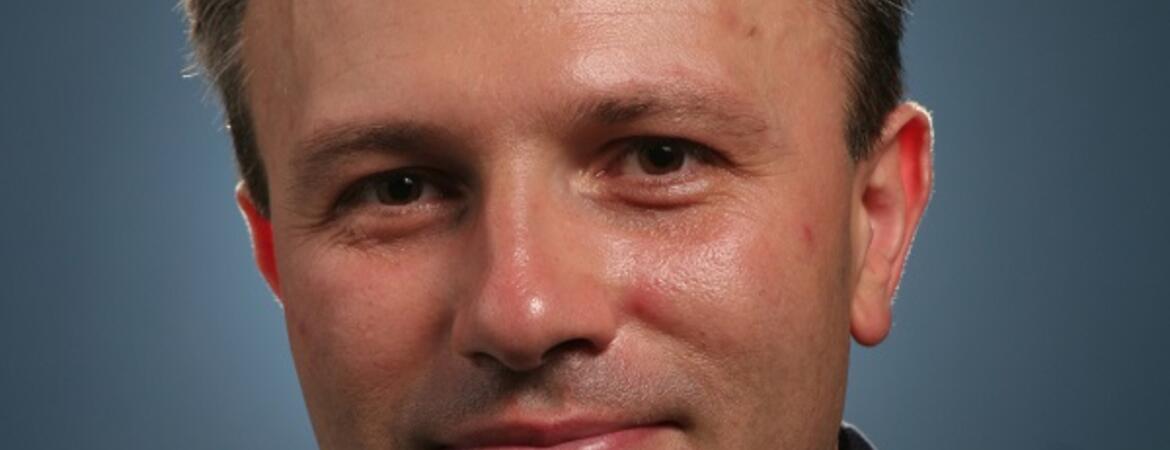
Prof. Vullev's background is in physical Organic Chemistry and Photochemistry, and his research is in the general areas of molecular photonics and biophotonics.
His research employs bioinspired approaches to basic science and applied engineering. It involves taking ideas from living systems and applying them in new unprecedented ways that are not known in nature. This approach allows his team to study fundamentals in science and search for the emergence of new phenomena.
One of the research focuses of Prof. Vullev is on dipole effects on charge transfer, and he is a leader in this field. The importance of charge transfer cannot be overstated. Charge transfer is what makes most vital processes in living organisms, such as cellular respiration and photosynthesis, possible. Charge transfer is the key process in solar cells and other energy conversion devices. Charge transfer is at the core of many phenomena we observe on a daly basis.
To advance the field of charge transfer, Prof. Vullev invented bioinspired molecular electrets, and in fact, he was the first to coin the term "molecular electrets." (Electrets are the electrostatic analogues of magnets, i.e., they are systems with ordered electric dipole moments.) While electrets are inherently insulators, Prof. Vullev found a way to transfer electrons (and holes, i.e., positive charges) through them.
Fulbright awarded Prof. Vullev for 2018-2019 with a U.S. Scholar grant that will allow him to bring his expertise in molecular electrets and charge transfer to Brazil, in collaboration with teams from the University of São Paulo (the highest ranked university in Latin America, according the the U.S.News report) and from a couple of other Brazilian institutions. In addition, he will work on expanding the field of charge-transfer electrets to cell biology and developing a new means for optical control of cell functions.